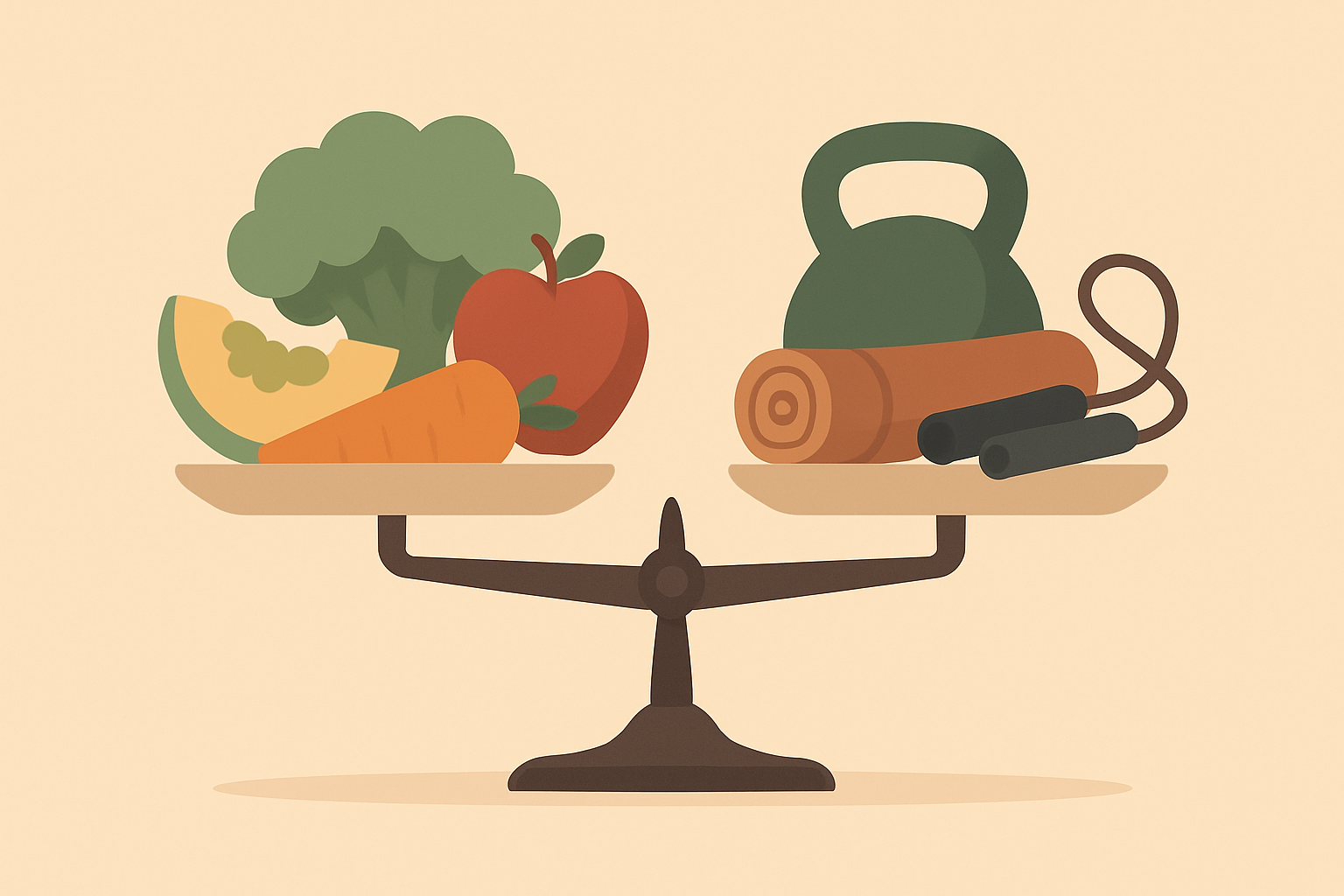
What is Energy Balance?
Energy balance is a core concept in weight management and refers to the relationship between calories consumed through food and drink and calories expended through physical activity and basic bodily functions. Maintaining energy balance is crucial for achieving and sustaining a healthy weight.
How Does Energy Balance Work?
The principle behind energy balance is relatively straightforward: - Positive Energy Balance: Occurs when caloric intake exceeds energy expenditure, leading to weight gain. - Negative Energy Balance: Happens when energy expenditure surpasses caloric intake, resulting in weight loss. - Neutral Energy Balance: Exists when the amount of calories consumed equals those burned, maintaining current weight.
Understanding your BMR, or Basal Metabolic Rate, is essential as it represents the number of calories your body needs at rest for essential functions like breathing and digestion. Knowing your BMR can help you determine your daily caloric needs and adjust your energy balance accordingly.
Factors Affecting Energy Balance
- - Dietary intake: The type and amount of food consumed directly influence your energy balance. Nutrient-dense foods support a healthier balance than calorie-dense, nutrient-poor options. - Physical activity level: Regular exercise increases energy expenditure, aiding in achieving a negative energy balance. - Metabolic rate: Individual differences in metabolism mean that each person's energy needs vary, which can be shaped by factors such as age, gender, and genetic predisposition.
Achieving a sustainable calorie deficit requires combining dietary adjustments with increased physical activity, enabling weight loss without compromising health.
Tips for Maintaining Energy Balance
- 1. Track your calories: Use tools or apps to monitor your caloric intake and expenditure, providing insight into your energy balance. 2. Prioritize balanced meals: Include a mix of macronutrients in your diet to maintain energy levels and prevent cravings. 3. Regular exercise: Engage in activities you enjoy to ensure consistency in increasing your caloric burn.
Finding a balance between the calories you consume and those you burn is essential for effective weight management. It's critical to assess your habits and make informed choices to maintain a healthy energy balance.
Challenges in Achieving Energy Balance
While understanding energy balance is straightforward, real-life application can be challenging due to factors such as emotional eating, inconsistent physical activity, and other metabolic adaptations. Overcoming these hurdles often requires a combination of self-awareness, planning, and possibly guidance from health professionals.
To conclude, aligning your dietary and exercise habits with your energy balance goals can lead to successful, long-term weight management. Evaluate your current lifestyle and consider implementing strategies to maintain a harmony between calories in and calories out.
Frequently Asked Questions
What are some practical ways to track energy balance?
You can track your energy balance by using apps or journals to log your daily caloric intake and physical activities, comparing them against your BMR and goals.
How can I adjust my energy balance for weight loss?
To facilitate weight loss, aim to create a calorie deficit by reducing caloric intake and increasing physical activity levels. However, ensure that the deficit is sustainable.
Can metabolic rate affect energy balance?
Yes, individual metabolic rates can significantly impact energy balance. Metabolism determines the number of calories burned at rest, influencing your overall caloric needs.